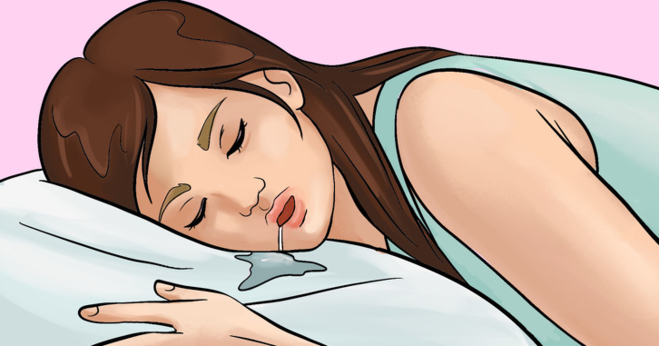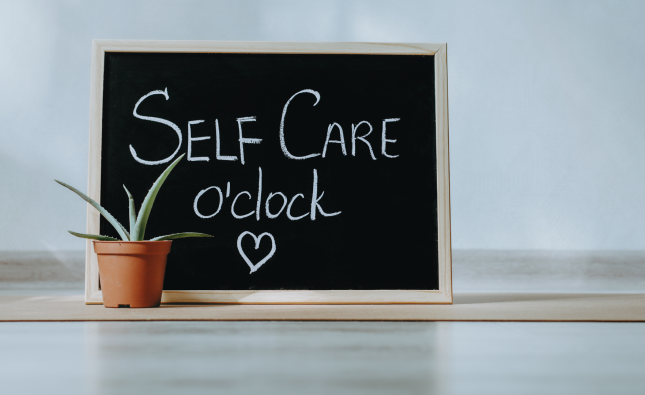
Introduction:
Greetings, fellow sleep enthusiasts! I am David Wolfe, and today we embark on a fascinating exploration into a topic that may seem peculiar but holds importance in our sleep cycle – saliva production during sleep. Join me in this journey to unravel the mysteries and benefits of this natural occurrence, shedding light on our sleep patterns and their connections to our overall well-being.
The Enigma of Saliva Production:
While often overlooked, saliva production during sleep is a natural phenomenon that occurs in our bodies. Have you ever woken up with a slightly moist pillow or found that you had produced more saliva during the night than you might have thought? It’s a curious aspect of our sleep cycle.
Saliva is primarily produced by our salivary glands, and during the day, its production is influenced by various factors like the foods we eat, hydration levels, and even our mental and emotional state. However, during sleep, the dynamics change, and the reasons behind this increased production are intriguing.

Saliva’s Role in Oral Health:
Saliva is vital for maintaining good oral health. It acts as a natural defense mechanism against harmful bacteria and aids in digestion by breaking down food. Saliva also helps in neutralizing acids, preventing tooth decay, and maintaining the pH balance in our mouths.
When we sleep, the reduced activity in our mouths can lead to a pool of saliva accumulating, which might be noticed upon waking. This influx of saliva could be our body’s way of safeguarding our oral health even during rest.
The Science Behind Saliva Production at Night:
At night, our bodies undergo various physiological changes as we transition through the stages of sleep. During the Rapid Eye Movement (REM) stage, our brains are highly active, resembling the state of being awake. This heightened brain activity can stimulate saliva production.
Moreover, the reduced swallowing reflex during deep sleep may contribute to the sensation of waking up with more saliva. The accumulation of saliva might occur due to decreased swallowing and changes in the positioning of the tongue and mouth during sleep.
Sleep and the Autonomic Nervous System:
The autonomic nervous system, which regulates involuntary bodily functions like heart rate and digestion, also plays a role in saliva production. During sleep, the autonomic nervous system adjusts its activity levels. Parasympathetic activity, associated with relaxation and rest, increases, potentially influencing saliva production.
Additionally, hormonal changes during sleep can also impact saliva production. Hormones like growth hormone, which are released during deep sleep, could influence salivary gland function.
Practical Tips for a Saliva-Friendly Sleep:
While saliva production during sleep is a natural process, there are steps you can take to ensure it doesn’t disrupt your rest or oral health:
- Maintain Good Hydration: Stay adequately hydrated during the day to maintain normal saliva production without experiencing excessive dry mouth during sleep.
- Oral Hygiene: Brush your teeth and maintain good oral hygiene before bedtime to ensure a healthy mouth environment.
- Dietary Choices: Avoid acidic and spicy foods close to bedtime, as they can sometimes stimulate saliva production.
- Sleep Position: Experiment with different sleep positions to find the one that is most comfortable for you and minimizes any pooling of saliva during the night.
Conclusion:
Saliva production during sleep is a phenomenon worth pondering upon, revealing the intricacies of our body’s functions even in a state of rest. Understanding these natural processes not only enriches our knowledge but also enables us to make small lifestyle adjustments for a more comfortable and health-conscious sleep.
So, let’s embrace the intriguing world of sleep, where even the subtlest of actions within our bodies can provide insight into our overall well-being. Happy sleeping!










